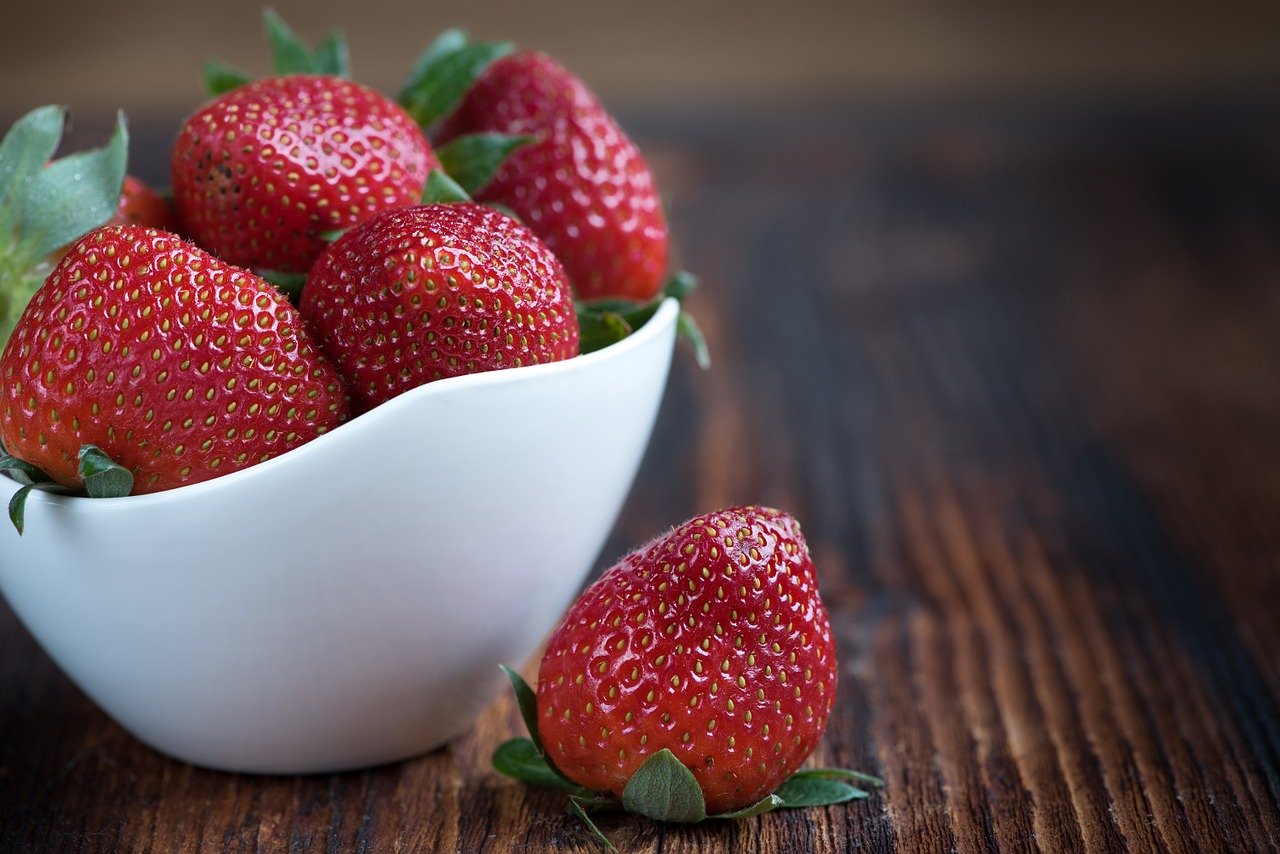
Image by Pezibear from Pixabay
March 30, 2020 - By Jeannette E. Warnert - COVID-19 does not currently pose major threats to overall global food security because adequate stores of staples — like wheat and rice — remain available. But the sustainability of California specialty crops may face greater hurdles, reported Laura Poppick in Scientific American.
Poppick spoke with two UC Agriculture and Natural Resources (UC ANR) scientists for perspective on the future of California agriculture considering the market and production constraints posed by measures to slow the spread of the coronavirus.
“Everybody is scrambling to figure out what to do,” said Gail Feenstra, deputy director of UC ANR's Sustainable Agriculture Research and Education Program. “There's just a lot of disruption.”
Specialty products — such as some fruits and organic produce grown on smaller-scale farms — are often sold to restaurants and farmers markets, many of which are now closed or have reduced service, rather than directly to the grocery stores that are still operating. Even if these farmers are able to continue working, they may have limited places to sell their goods, the article said.
Strawberries are another crop likely to be affected. Laborers picking strawberries typically work more closely than is advisable to prevent the spread of the virus, said Mark Bolda, a University of California Cooperative Extension farm advisor based in Watsonville. He said farmers are already making plans to spread workers between rows.
Strawberries, however, hit prime ripeness within a narrow window of just two to three days and must be picked quickly, Bolda says. Spacing workers may slow picking, and, "being slower is expensive."
Source: UC ANR








